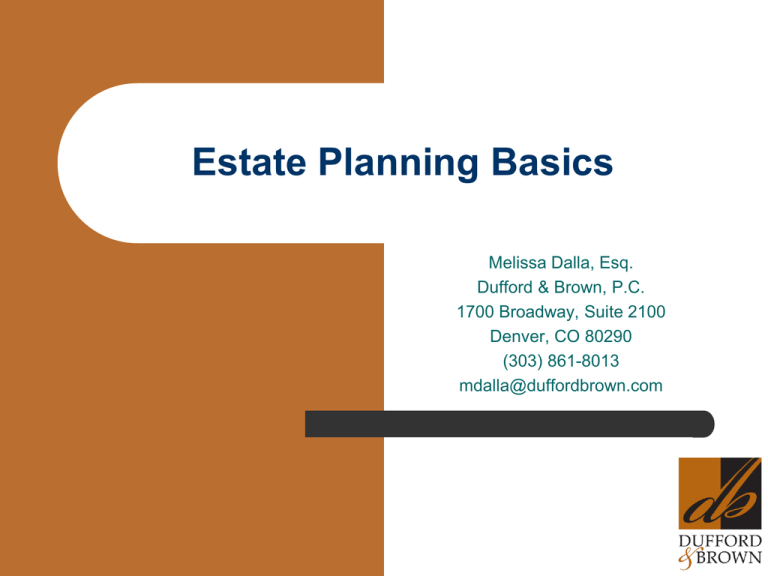
What is the Function of a Trust Administration Lawyer in Managing Estate Succession?
Well now, when it comes to trust administration lawyers and their role in managing estate succession, there's quite a bit to unpack! These legal experts shoulder a hefty responsibility - they're the ones ensuring that everything goes according to plan (or as close to it as possible) after someone passes away. So, what exactly does this entail? First off, let's get one thing straight: having a trust in place can make the whole process smoother for everyone involved. Now, once the unfortunate event of a person’s passing occurs, that's where our trusty lawyer steps in. They're tasked with making sure all the deceased’s wishes are honored - not an easy feat by any measure! One of their primary functions is to guide the trustee – you know, the individual chosen to manage the trust – through each step of the process. This includes interpreting the complex legal language found in trust documents (which can be quite baffling even for those who've seen their fair share of legalese). It's imperative because misinterpretation can lead to disputes among beneficiaries or worse yet, could result in legal action taken against the trustee! And nobody wants that kind
read more
How to Choose the Right Trust Administration Lawyer for Effective Estate Management
Choosing the ">right trust administration lawyer for effective estate management in California is, without a shadow of a doubt, one of the most critical decisions you'll ever make when it comes to securing your financial legacy – and let's be honest, it's not always an easy task. Oh, where do we even begin? Firstly! It's essential to understand that not all lawyers are cut from the same cloth (you know what I mean). A lawyer specializing in family law or criminal defense might not have the necessary expertise in trust administration. Therefore, you must look for someone who has significant experience specifically in estate planning and trust law. Now, you might be asking yourself: How do I find such a lawyer? Word-of-mouth recommendations are a great starting point; they come with an added layer of trust. However, don't just take your neighbor's cousin's word for it! Do your due diligence by researching potential lawyers online. Check out their reviews and testimonials - these can provide invaluable insights into other people’s experiences. When you've narrowed down your options (and yes, there should be more than one), arrange consultations with each candidate. This is
read more
Understanding the Duties and Responsibilities of a Trustee
In the complex world of estate planning, the role of a trustee can often be as intricate as it is important. A trustee has a fiduciary duty to do in accordance with both the legal documents and the wishes of the grantor. They're not merely holding assets, but they're also responsible for managing them sagaciously. Let's delve into what this entails (and perhaps where challenges could arise). Firstly, understanding the fine print of any trust agreement is crucial for a trustee; without this comprehension, they cannot fulfill their obligations effectively (nor legally). It's like navigating without a compass! Trustees must interpret terms and conditions accurately to ensure that they are acting within their remit. Of course, there might be instances when professional advice becomes necessary – after all, no one expects trustees to be omniscient! Furthermore, trustees have got to maintain meticulous records. Every financial transaction must be accounted for – from investments to distributions. Neglecting this aspect wouldn't just provoke criticism; it might lead to legal ramifications! Financial acumen is thus essential; however, it's equally vital not to become so engrossed in ledgers that beneficiaries' needs are overlooked.
read more
The best time to start planning is now
When you think you are done planning, it’s time to communicate. It’s important to begin preparing your beneficiaries by helping them understand what will happen after you pass away, and what they should expect when they inherit your assets. By starting to prepare your beneficiaries now, you can help ensure that your family’s transition will be more seamless, while also minimizing the emotional impact of your death on your family. It’s important to have an estate plan. You want to make sure the assets you’ve worked so hard to accumulate during your lifetime go to the people or organizations you care about. 1. Inventory and document the assets that you have accumulated over the years. We all have busy lives these days and all too often underestimate the value of assets that have been accumulated. You may initially think that you do not have enough assets that would justify planning your estate. Often times people are surprised when they start writing down all the assets that you own. There are tangible assets, real property and intangible assets. Once you start looking around, you might be surprised by all the assets you own. The tangible assets in
read more
Understanding estate planning: The basics
In the context of estate planning basics, it’s important to understand what an estate is. Simply put, an estate refers to all of your assets and liabilities, both tangible and intangible, at the time of your death. This includes everything from real estate, personal property, bank accounts, investments, and other financial assets, to any debts or liabilities you owe. When you pass away, your estate will be settled according to your wishes, which involves paying off any outstanding debts and distributing your assets to your beneficiaries. The process of settling your estate can be complex and time-consuming. That is why it’s important to have a comprehensive estate plan in place to ensure that your wishes are carried out and your loved ones are provided for. Tl/dr: estate planning isn’t as complex as it may seem and you don’t need a legal degree to create one. In short, estate planning is simply recording your wishes for what happens if you’re unable to manage your own affairs. This quick and comprehensive overview will give you a working understanding of the estate planning basics. ________________________________________________________________no one likes to think about death, especially their own. But think about this: what will
read more
durable power of attorney
It's essential to draft a durable power of attorney (poa), so an agent or a person you assign will act on your behalf when you cannot do so yourself. Absent a power of attorney, a court may be left to decide what happens to your assets if you are found to be mentally incompetent, and the court's decision may not be what you wanted. This document can give your agent the power to transact real estate, enter into financial transactions, and make other legal decisions as if they were you. This type of poa is revocable by the principal at a time of their choosing, typically when the principal is deemed to be physically able, mentally competent, or upon death. Geerdes notes there’s one final document in your estate plan that helps protect you during your life: a durable financial power of attorney. This document lets you name a trusted individual to make legal and financial decisions on your behalf if you’re unable to do so. The “durable” in the name means that the power of attorney stays in force should you become incapacitated—physically or mentally. Your beneficiaries are key Now that we’ve got those definitions out
read more
Working with an attorney or tax advisor
It's important to work with an attorney and possibly a tax advisor on your estate plan. The attorney's role will include guiding you through the creation of fundamental estate planning documents. These may include a will , health care proxy , and durable power of attorney. The tax advisor can help you with any associated tax issues. You'll make the decisions, but your attorney and tax advisor can help you think through and understand the sometimes complex implications of each option. They will also help you communicate your wishes clearly, avoid mistakes, minimize taxes, and adjust your plans as time goes by or your circumstances change. Talk with a financial advisor about your estate planning goals. He or she can provide referrals to local estate planning attorneys. Trust services available through banking and trust affiliates in addition to non-affiliated companies of wells fargo advisors. Wells fargo advisors and its affiliates do not provide tax or legal advice. Please consult with your tax and/or legal advisors before taking any action that may have tax and/or legal consequences. Estate, inheritance, and gift taxes Taxes can take an alarming percentage of what you leave to
read more